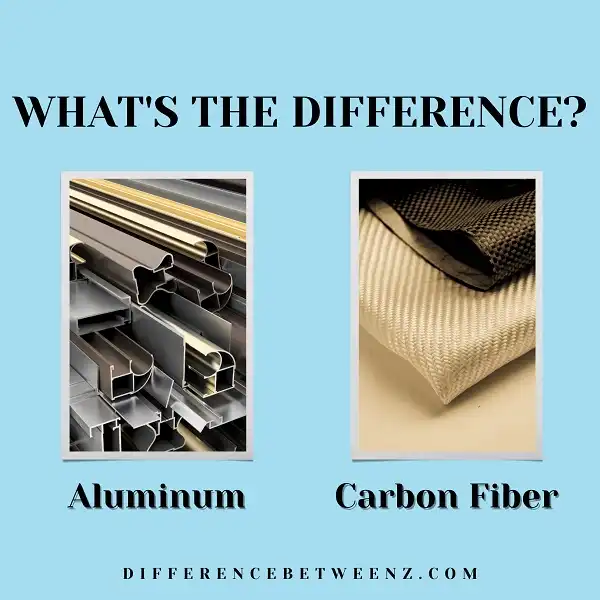There are many types of materials that can be used to create cycling frames. Each material has its own benefits and drawbacks. In this post, we will discuss the differences between aluminum and carbon fiber frames. We will also explore the pros and cons of each material. Hopefully, this information will help you decide which frame is right for you.
What is Aluminum?
Aluminum is a silvery-white metal that is light in weight and has a high strength-to-weight ratio. Aluminum is widely used in many different applications because of its properties. It is non-toxic, non-magnetic, and non-sparking. Aluminum conducts heat and electricity well and is highly corrosion-resistant. Aluminum is also recyclable and has a low environmental impact.
Aluminum can be alloyed with other metals to create materials with even better properties. For example, aluminum alloys are often used in the construction of aircraft and automobiles because of their strength and lightweight. Overall, aluminum is an incredibly versatile material that plays an important role in many different industries.
What is Carbon Fiber?
Carbon fiber is a material made from thin, strong crystalline fibers of carbon that are bonded together with a polymer resin. Carbon fiber is used in a variety of applications, including aerospace, automotive, and sporting goods. It is known for its high strength-to-weight ratio, making it an ideal material for use in performance-based applications.
Carbon fiber is also prized for its resistance to environmental degradation and its ability to withstand extreme temperatures. While carbon fiber is more expensive than traditional materials such as steel and aluminum, its unique properties make it an ideal choice for many applications.
Difference between Aluminum and Carbon Fiber
Aluminum and carbon fiber are two of the most popular materials used in manufacturing today. They both have a variety of benefits that make them well-suited for different applications. Aluminum is an inexpensive metal that is highly versatile. It can be easily formed into any shape and is resistant to corrosion. Carbon fiber is much stronger than aluminum, making it ideal for applications where strength is critical.
However, it is also much more expensive. When deciding which material to use, it is important to consider the specific requirements of the application. Aluminum may be the best choice for a product that needs to be lightweight and durable, while carbon fiber may be the better option for something that needs to be strong and heat-resistant.
Conclusion
While aluminum is a great material for many applications, carbon fiber has some distinct advantages in certain areas. If you’re looking for the best performance possible, it’s worth considering using carbon fiber components in your next project.


